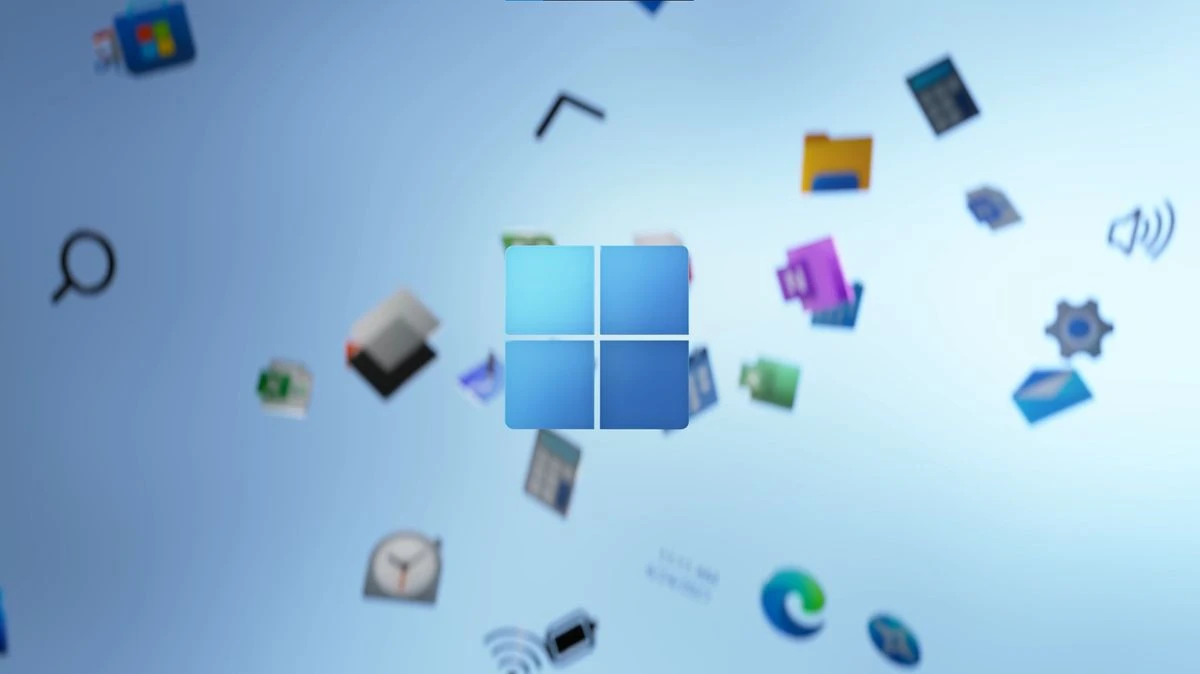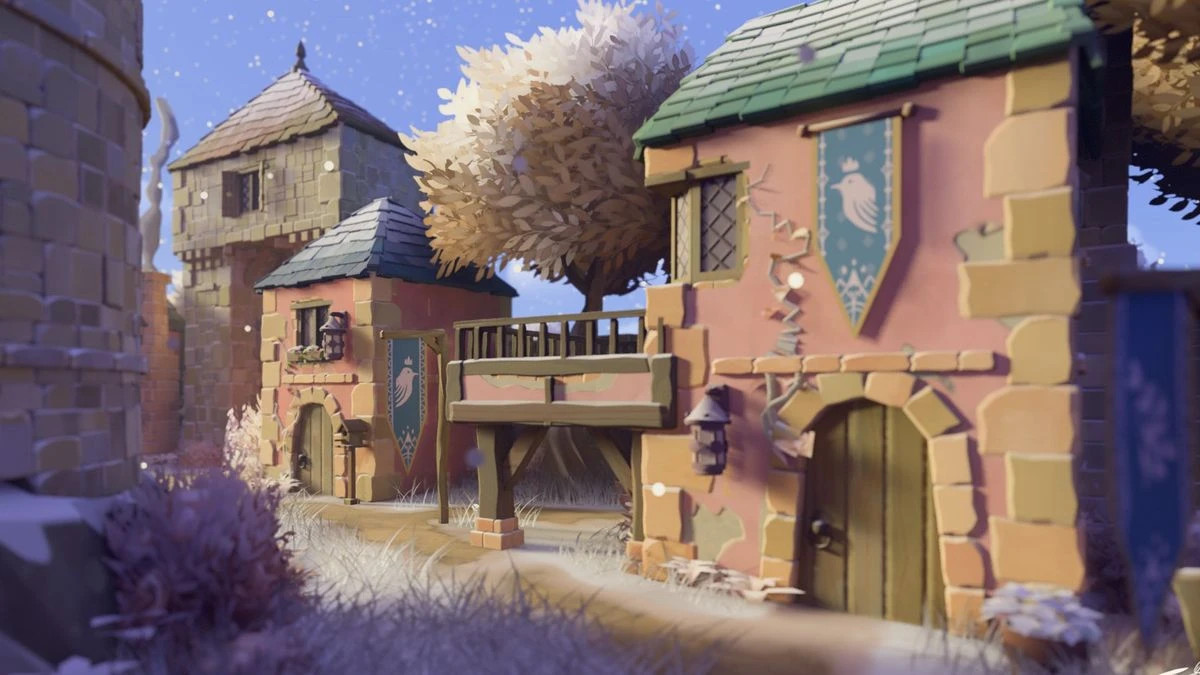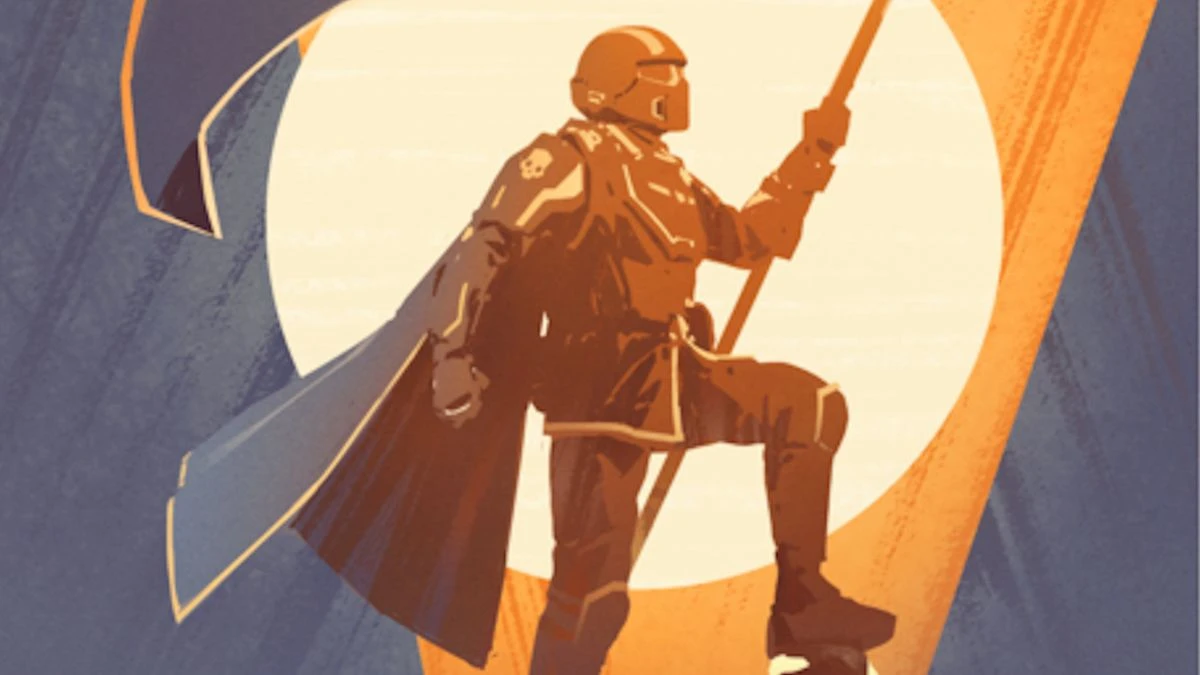Windows 10 has only one year of support left: you have 12 months to get Copilot off your desktop, or learn Linux.
You've been putting it off since Windows 11 was launched. You have a limited time to upgrade to Windows 11 if you want to make your computer as secure as it can be.
Windows Central has pointed out that Windows 10 will only receive updates for one year, until October 14, 2025. The software will still work, but an OS that is not updated can cause security issues. Users are left to their own devices when it comes security threats, viruses and more.
Many people have decided not to upgrade to Windows 11 due to a number of reasons. First, getting this software first can leave new users with issues that are later fixed. Windows 11 24H2 is plagued by a cache issue that can leave up to 8.63GB of data unremovable on computers. This problem will be fixed, but the fact that it only occurs on newer software will discourage users from upgrading.
Windows' business model, which involves selling the OS and then upselling you on Game Passes, One Drives, and other software, can be very annoying to users who want to be left alone to use their PC.
Many are also wary of the update because of the broader scepticism about AI and the implementation of Copilot, Recall and other features. I share this caution.
It's also worth noting that Windows 11 requirements were initially a barrier to many upgrading, due to things such as the requirement that motherboards have a TPM. Rufus, bootable Windows software, can bypass this but it's still an issue for those who want to upgrade. This issue can also be a problem in businesses that require computers to run the same software on a mass scale.
My experience with Windows 10 diehards has shown that at least part of the trepidation about upgrading is the fear of changing the comfortable look and feeling of Windows 10 for something a bit shinier. Many people feel that if a PC has been working well, there's no reason to change it.
For the first time ever, Windows 11 was more popular than Windows 10 last month in the Steam Hardware Survey. This is a very imprecise science, as people must opt-in to have their machines measured. However, it's an indication of broader adoption. Windows 8 never became popular enough to achieve the same level of adoption in its lifetime. Windows 7 was very popular and the adoption of Windows 10 was slow at first, partly due to this skepticism.
Windows 10 users are expected to slowly decrease as all new Windows machines come pre-installed with Windows 11. The same will be true for whatever replaces Windows 11 at a later date.
The future is here (or should I say, next year? Old man, you are right.




Comments